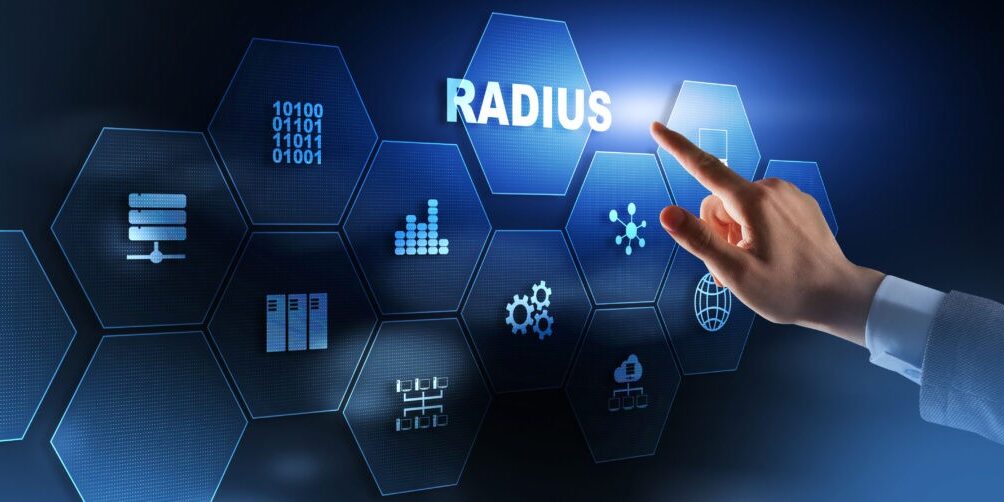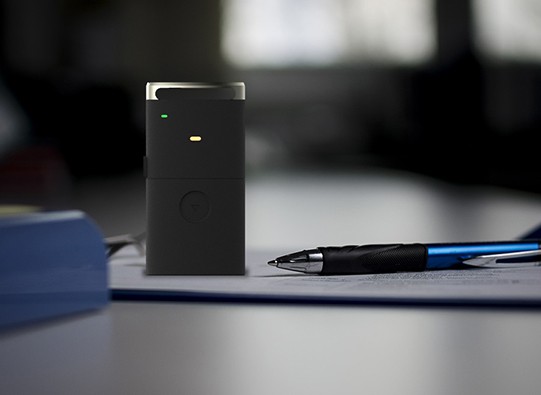
What is RADIUS (Remote Authentication Dial-In User Service)?
Introduction
In today’s interconnected world, securing access to a network is of paramount importance. Organizations must grapple with various challenges, from granting secure remote access to managing diverse endpoints. One technology that has emerged as a cornerstone in the field of network security is Remote Authentication Dial-In User Service, commonly known as RADIUS. This article aims to shed light on what RADIUS is, its key components, and why it is crucial for modern network security.
What is RADIUS?
RADIUS is a client-server protocol that provides centralized Authentication, Authorization, and Accounting (AAA) management for users connecting to a network. Initially designed to control dial-in access to network resources, RADIUS has evolved to support a wide range of networking environments, including VPNs, Wireless LANs, and even some web applications.
Key Components
- RADIUS Server: This is the backbone of the protocol. It stores or connects to user account information and is responsible for authenticating and authorizing incoming connection requests.
- RADIUS Client: Usually a network access server (NAS), the client forwards user authentication and authorization requests to the RADIUS server.
- User Device: This could be a computer, smartphone, or other endpoint that attempts to access the network.
- AAA: The acronym for Authentication (verifying identity), Authorization (granting permissions), and Accounting (tracking usage).
How does it Work?
When a user attempts to connect to a network, the user device sends a request to the RADIUS client (NAS). The client then forwards this request to the RADIUS server, which checks the user’s credentials stored either locally or in a directory like LDAP. If the server approves, it authorizes access and may also send specific attributes back to the NAS, such as IP address allocation or specific service types. Once the user’s session is active, the server can also account for the session duration, data usage, or any other relevant metrics.
Why is RADIUS Important?
Centralized Management
RADIUS centralizes the authentication and authorization processes, making it easier for IT administrators to manage user credentials and permissions from a single point. This significantly simplifies network management and enhances security.
Scalability
As an organization grows, so does the number of users and devices requiring network access. RADIUS allows for easy scalability, as adding new devices or users only requires configurations on the centralized server, rather than individual devices.
Enhanced Security
By centralizing authentication, RADIUS also allows for more robust security mechanisms, such as strong password policies or advanced authentication methods like 2FA or biometrics. Moreover, it supports various encryption methods, adding an additional layer of security.
Cost-Efficiency
Maintaining a RADIUS server might involve initial costs, but it substantially reduces administrative overhead in the long run. The centralized model eliminates the need to update multiple devices when changes occur, thereby lowering the total cost of ownership (TCO).
Compliance
Centralized authentication and accounting make it easier for organizations to comply with various security standards and regulations, such as NIST, PCI DSS, HIPAA, or GDPR, by providing a consolidated log of user activities and access histories.
Conclusion
Remote Authentication Dial-In User Service is a crucial technology that provides a robust framework for centralized Authentication, Authorization, and Accounting. Its scalable, secure, and efficient model makes it indispensable for organizations striving to safeguard their network resources while maintaining operational efficiency. As the networking landscape continues to evolve, RADIUS remains a steadfast solution for meeting modern security challenges.
See GateKeeper Enterprise advanced MFA in action.
Take a self-guided tour of how you can evolve from passwords. Then you're really saving time with automation.




